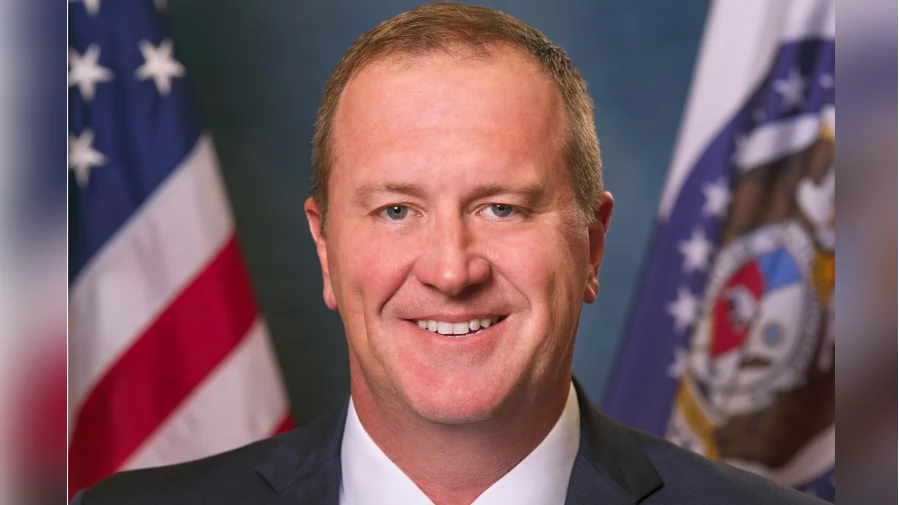Senator Eric Schmitt | U.S. Senator Eric Schmitt
Senator Eric Schmitt | U.S. Senator Eric Schmitt
Senator Eric Schmitt, a Republican representing Missouri in the U.S. Senate, has recently shared his perspectives on judicial nominations and a high-profile legal case via social media posts.
On July 30, 2025, Schmitt commented on the nomination of two judges to federal appellate courts: "These two nominees will particularly require courage because they will serve on liberal Circuit Courts of Appeals. - Eric Tung to serve on the Ninth Circuit (West Coast) - Joshua Dunlap to serve on the First Circuit (New England)—he will be the sole GOP appointed judge."
In another post from the same day, Schmitt outlined qualities he believes are essential for judicial nominees under President Trump: "As I discussed today with some of President Trump's nominees, President Trump's judicial appointments must have courage: - courage to dissent, even when unpopular; - courage to ignore media critics; and - courage to answer the hard questions instead punting over formalities."
The following day, July 31, 2025, Schmitt referenced a meeting with Doug Mackey regarding Mackey's recent legal developments: "Great to meet with @DougMackeyCase today to talk about his unjust persecution by the Biden administration—and his HUGE free speech win earlier this month. The people who led this brazenly political prosecution must be held accountable. This can never happen again."
Judicial appointments have become an increasingly contested process in recent years. Appointments to federal circuit courts often face scrutiny due to their influence on major legal precedents. In particular, seats on circuits perceived as more liberal or conservative can lead to contentious confirmation battles.
Doug Mackey was previously convicted in 2023 for conspiring to interfere with voters through misinformation during the 2016 presidential election. However, an appeals court overturned his conviction in July 2025, citing concerns about free speech protections under the First Amendment.


 Alerts Sign-up
Alerts Sign-up